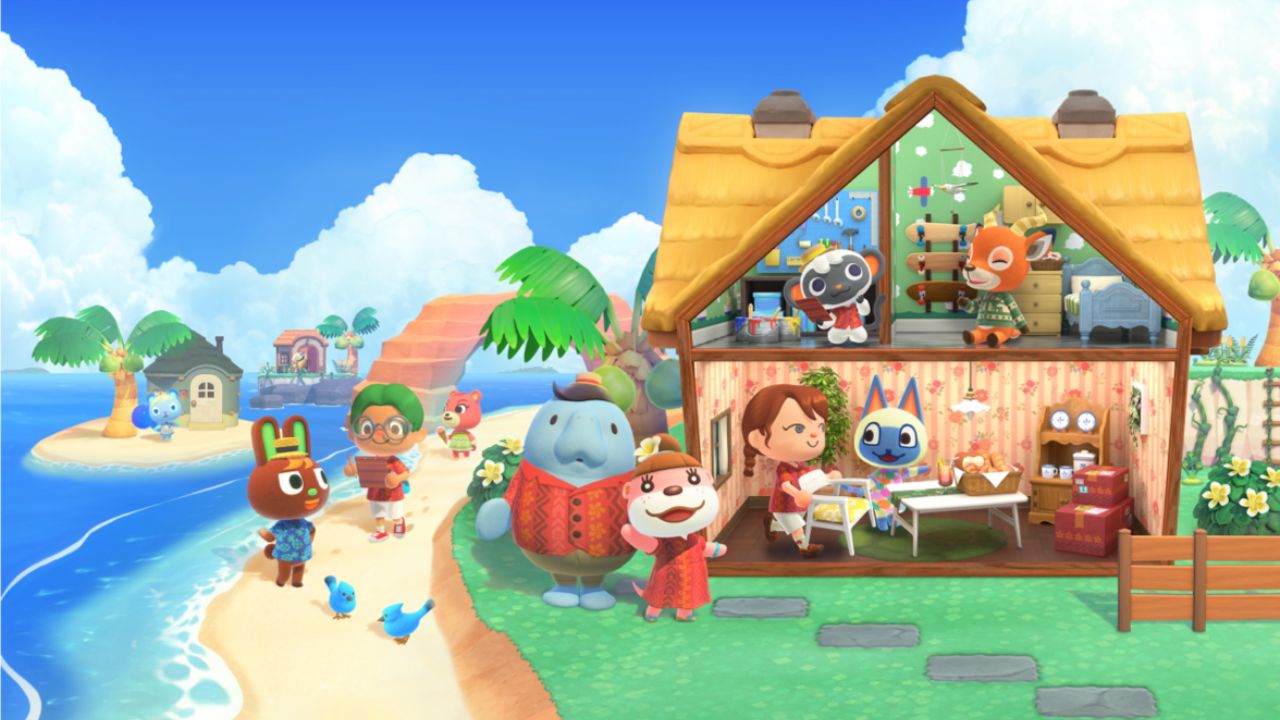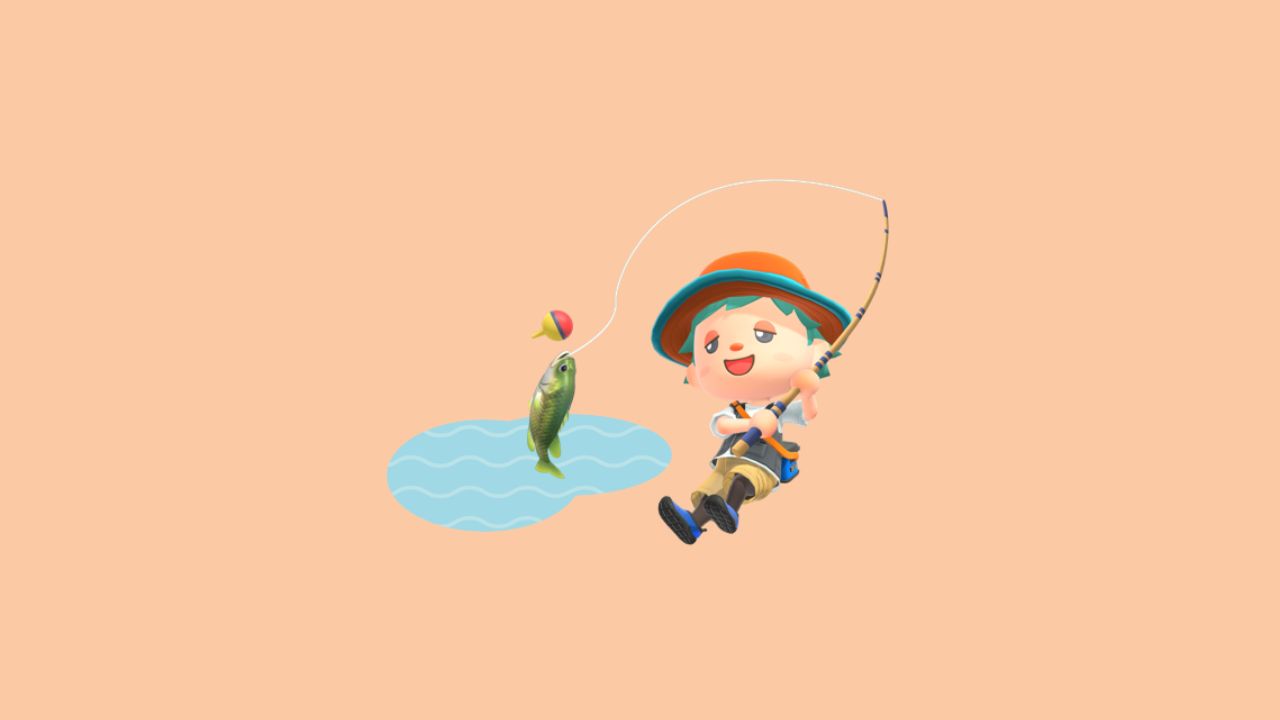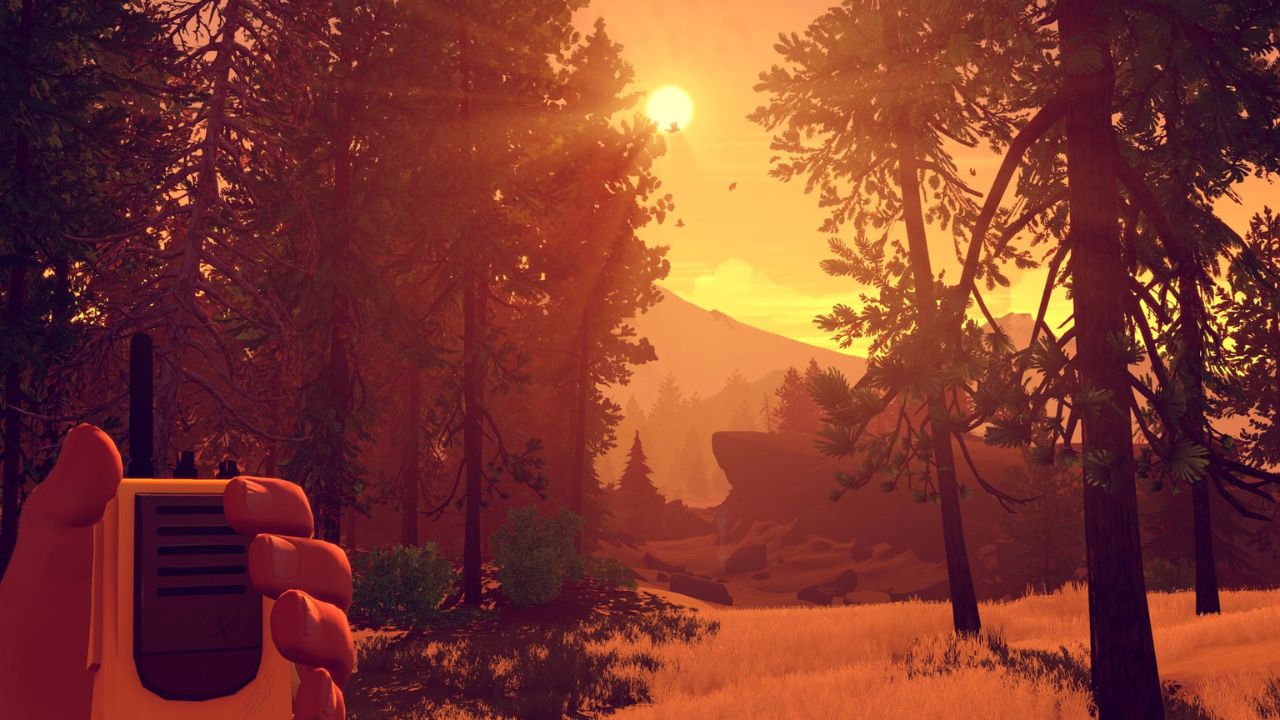March 2020 came with no shortage of notable events: the onset of a global pandemic, widespread lockdowns and social isolation, and the arrival of Animal Crossing: New Horizons. The sequel to 2001’s Animal Crossing provided a much-needed island escape for anxious and isolated players who could trade their COVID-19 worries for virtual fruit trees and bug catching.
The market for peaceful, task-based games, dubbed cozy games, has exploded since the COVID-19 pandemic, with interest rising 50% in 2023. Titles in this genre include Wylde Flowers, Palia, and, of course, Animal Crossing.
“I guess it’s the escape from real responsibility…you still feel like you’re accomplishing things without the pressure or stress,” says DC3 Erika Poling, a service member of the United States Coast Guard, about the appeal of her favorite cozy game. “And it’s all so cute; how can you not love it?”

Poling isn’t alone. An impressive 30 million copies of Stardew Valley, a farming simulation game, have been sold since its release in 2016, and interest isn’t slowing down. Thousands of streamers across all platforms livestream their cozy game adventures to large audiences. Anticipation for new releases such as Tales of the Shire (expected in late 2024) is high.
It’s not surprising that people are seeking relaxing, calming experiences to escape the demands of the very stressful real world. The above titles don’t offer adrenaline-spiking action or time-sensitive quests — and that’s the point.
Sebastian Nußbaum, VP Creative at Berlin-based games studio Wooga, has his own thoughts on the cozy game revolution:

“[Games] being less intense or slower-paced does not mean [they are] boring! On the contrary, good storytelling and a compelling plot to progress or a goal to strive for, which encourages players to discover more of the in-game world, are major components of what gives these cozy games their unique appeal. There is still a positive sense of progression in a low-pressure game environment.
As with other types of entertainment, gaming encompasses a massive variety of genres, and there is something to suit all age groups and differing interests. What makes gaming different from other media, however, is that it is interactive – so even if gamers seek a low-intensity opportunity to decompress and chill out, they are still engaged in the unfolding events of the game and actively participating in a challenge too.”
Cozy gamers don’t want to bring the demands of work and grueling social activities into their leisure time; they want to be separated from them. Farming and gardening simulators and open landscapes ripe for exploration are far from the everyday routines of most people, and slipping into a world where your only troubles are the prices of turnips and the well-being of chickens is a welcome reprieve.
“If I’m freaking out and stressed, the last thing I want to do is play a game that’s going to boost my adrenaline and make my emotions run high. Yeah, it’s just a game, but my brain sometimes can’t tell the difference between fun and actual stress,” a respondent who wished to remain anonymous explained. “Plus, there’s so much violence in most games. The world is violent enough. Why would I choose a game where I need to fight people when I can play something peaceful? I’m not saying violent games lead to real-life violence. I’m saying it’s not going to help stress long term.”
The impact of cozy games is undeniable, and with their growing popularity in an increasingly stressful world, there’s no doubt they are here to stay.




